*Welcome to our 2022 Launchpad website. 2026 Launchpad program information will be updated on this page, soon!*
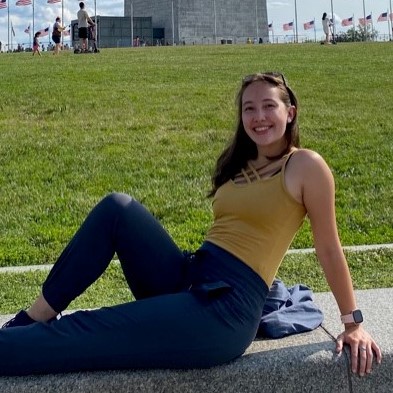
Alicia Reina Smith
Alicia is an international student from Honduras currently studying Math and Astrophysics at Williams college, and will be starting her Master’s of Science in Mathematics and Foundations of Computer Science at the University of Oxford in Fall 2022.
What do you love about Science?
I love talking and thinking about anything Astronomy-related, languages, music, consciousness and philosophy, and a bunch of other cool stuff! What I love the most about Math is its elegance and how logical and challenging, yet simple and perfect it is.
My favorite things in Astronomy are nebulas, black holes, and galaxies — especially M51 (the Whirlpool Galaxy) because it’s so amazing how clearly you can see the two galaxies merging together. I also really love the mysteries of the universe in general, and I find it fascinating how unreachable everything in the universe is but how we can still use science to learn so much about objects incredibly far away; yet there’s still so much we don’t know!
Fun Fact?
A few fun facts about me: I represented Honduras at the International Math Olympiad in 2018, I was born on April 8th at 8am and I weighed 8lbs 8oz, and 8 was my mom’s lucky number.
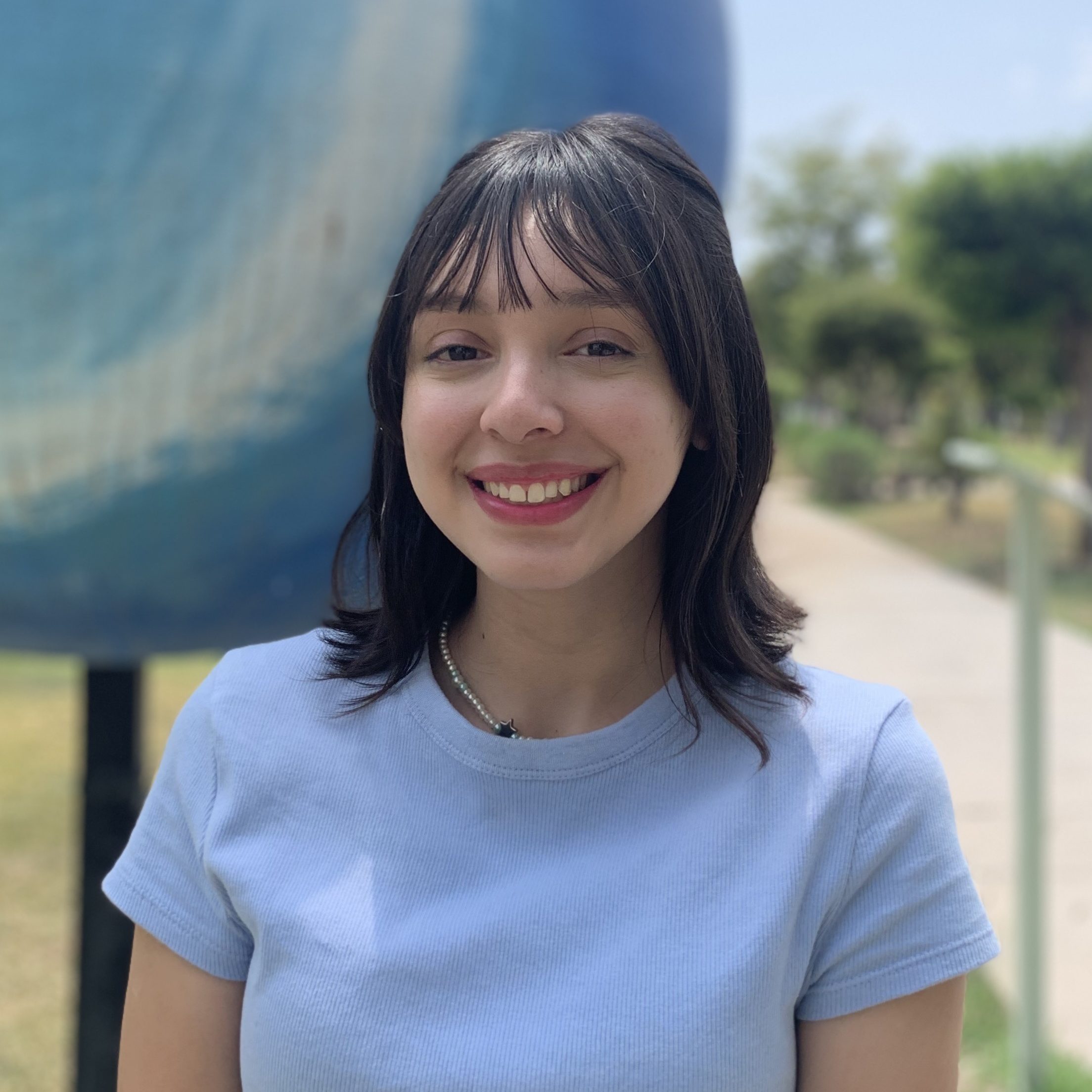
Daniella Diaz
Daniella is a 19-year-old enthusiast of science and kindness, a second-year Astronomy student in Mexico, and a fighter for women’s rights and the place of women in science.
What got you interested in this program?
I am excited to attend this program and learn from a different culture, meet new people from countries different from mine and know how they work there since the support from where I live in this area (physics and astronomy) is limited.
I hope this opportunity will help me to unlock my potential and grow as a student, which will allow me in the future to become a researcher and someone who can contribute to a change for people who are not treated equally in science.
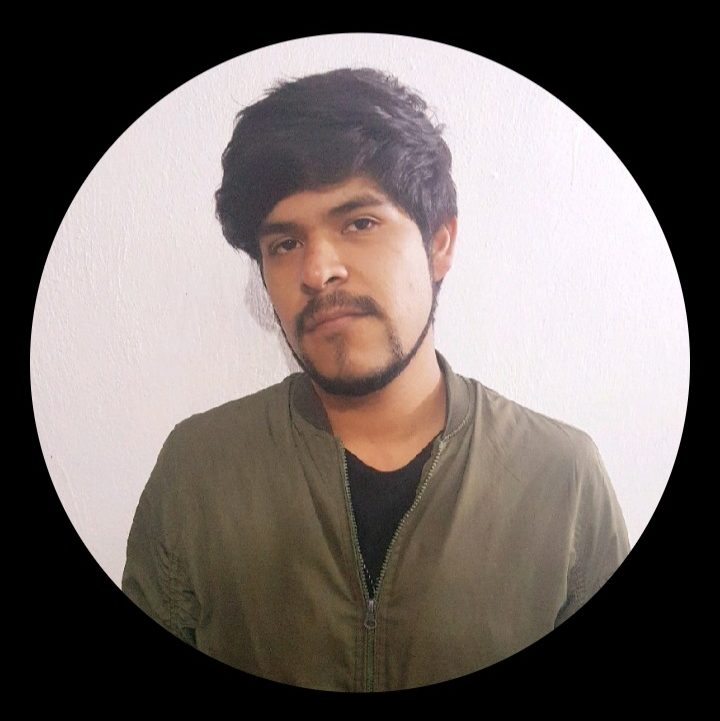
Enrique Orduna Avila
Enrique is currently studying a Master’s Degree in Engineering Sciences at the Tecnológico de Monterrey, Mexico in the area of water sustainability. Working from the cross-section of Engineering in Mechatronics, Biotechnology, Computing and Renewable Energies, he conducts research on the implementation of polymeric membranes in wastewater treatment plants.
What are your interests in Science?
I like everything related to sustainability renewable energies. I look forward to learning from other faculty members and students in the department, attending panels regarding the university and the active research areas at UBC Physics & Astronomy.
What is your motivation for being in the Launchpad program?
My motivation for being in the program is to share experiences with other people from other countries regarding life in science and to learn about how to obtain funding to study at UBC.
How do you wish to contribute to the field?
I would like to contribute to science by finding new ways to produce energy through research related to photocatalysis for hydrogen production in conjunction with the use of renewable technologies.
Fun Fact?
A fun fact is that I have 3 cats and 3 dogs (!)
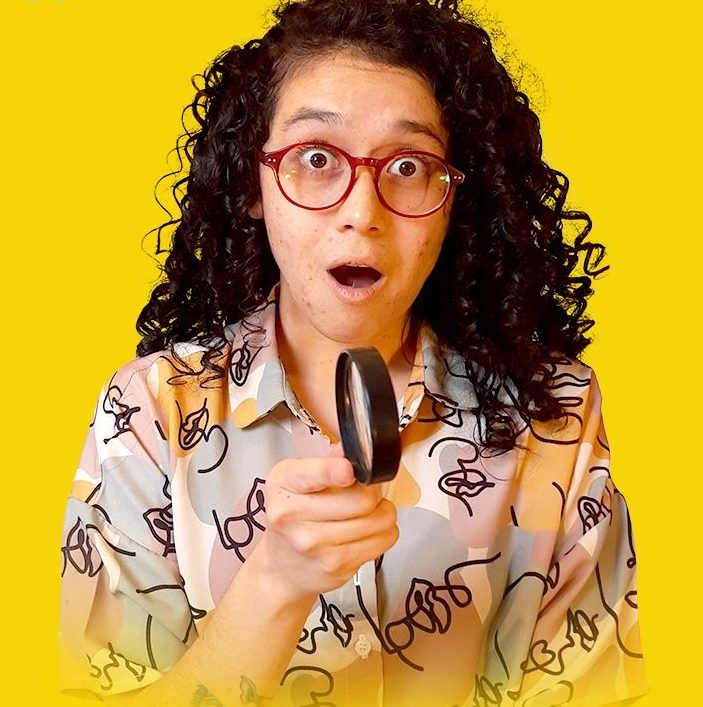
Fernanda Torres
Fernanda is an undergraduate student studying physics in Mexico City, interested in atmospheric sciences and climate change.
Check out Fernanda’s Pulpo Culto Youtube channel for science education videos
What is your experience in Science Communication?
I truly believe I don’t study physics, physics studies me because each semester I understand myself and my surroundings better. I work teaching math and doing scientific divulgation on YouTube, and with each video I know I want to be the one who does the investigation. I’m just a human trying to understand what surrounds me.
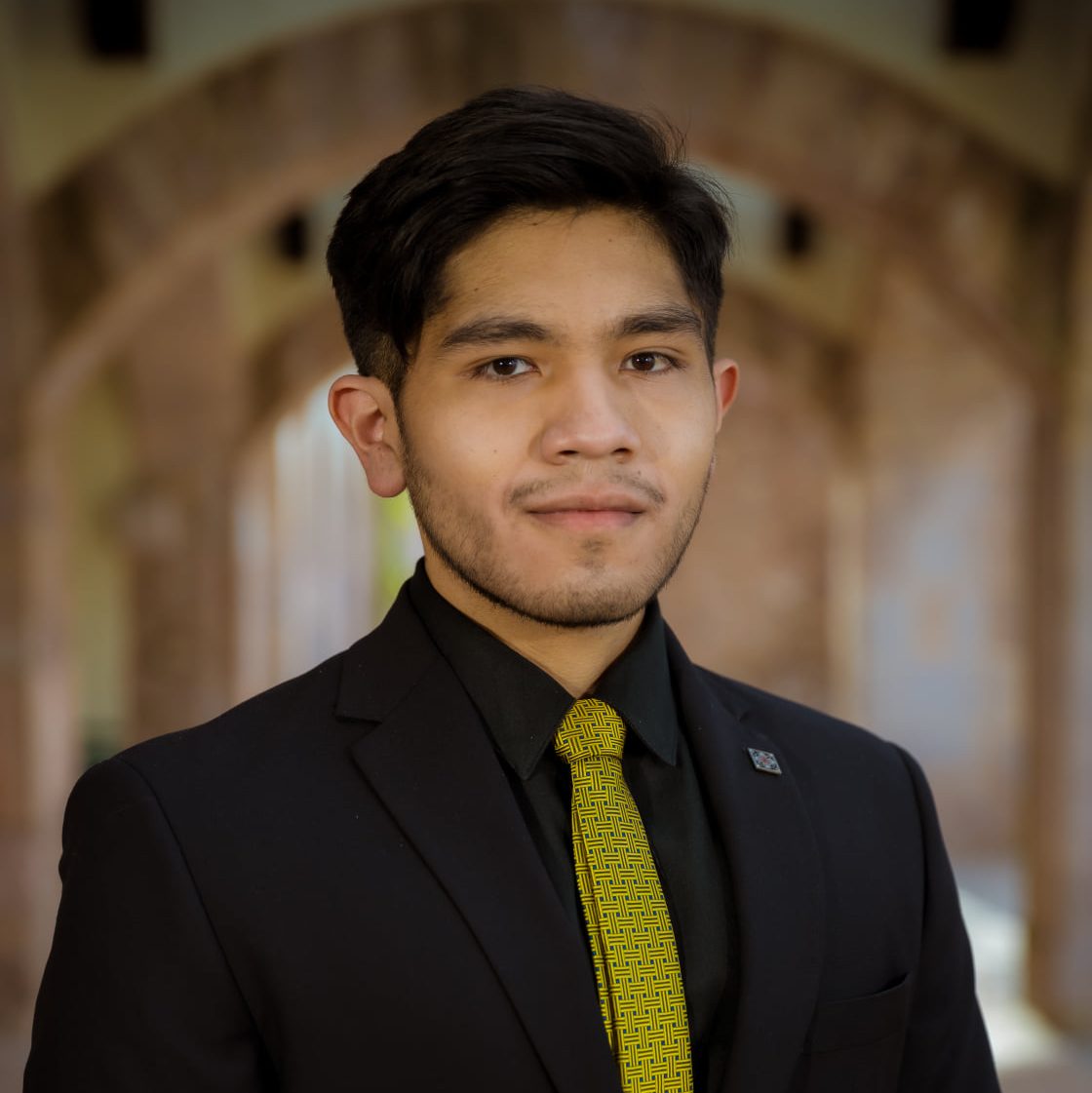
Jose Angel Perez
Jose has a degree in physics from the Autonomous University of Zacatecas, in Mexico. He has presented posters in national physics congresses in Mexico in the field of Solid State physics, specifically about the possibilities of Graphene. He is now part of a research group of advanced materials at the Autonomous University of Zacatecas together with other alumni and researchers.
Science Communication: how do you spread the love of science?
I was part of a science divulgation group on social media, named Física en Movimiento UAZ (you can find us both in Facebook and Instagram under that name), where we have interviews with renowned researchers, infographics and videos explaining curious physics phenomena to the public using everyday language, so everyone can understand it. That approach to divulgation made me love physics even more, as I got to study about fields I wouldn’t normally [have explored], that helped me understand that there is always something new to learn.
Check out a Física en Movimiento UAZ youtube video “La Evolucion de la Vista”
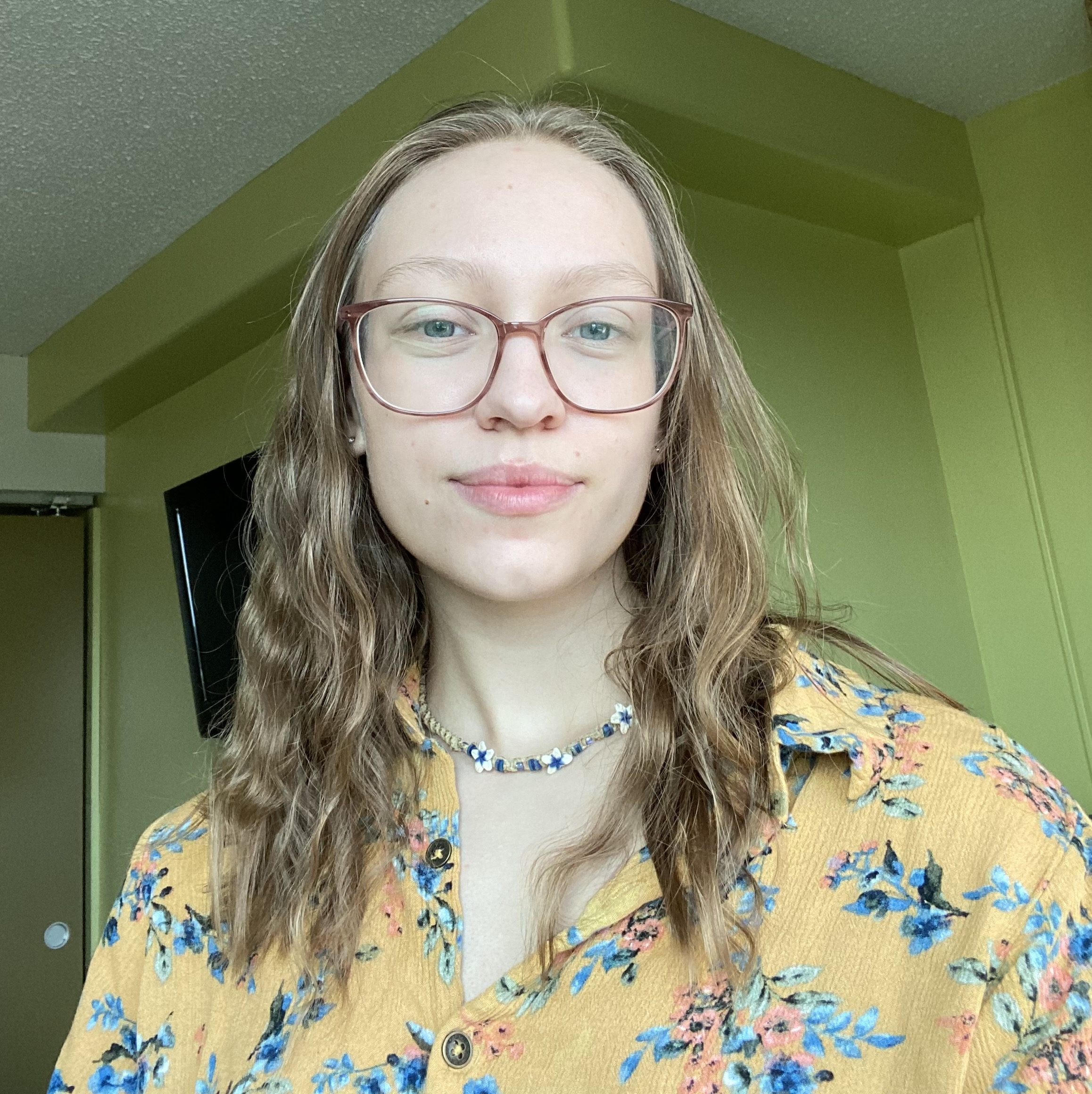
Katherine Myers
Katherine is a third-year student in Astrophysics at Saint Mary’s University in Halifax, currently working as a Research Assistant in Galaxy Evolution under Canada Research Chair, Dr. Marcin Sawicki
What are you studying and what do you enjoy most about this field?
What I find most enjoyable about astrophysics is the abundance of unanswered questions. There is so much about the cosmos that we do not yet understand and the potential for new discoveries is limitless. It is hard to even dream up all the exciting phenomena we will uncover in the future. It also inspires me to be in a field of science that brings so much inspiration to people around the globe.
What would you like to contribute to Science in the future?
I would love to leave a lasting impact on the physics community and be able to credit myself with new findings or advancements in my field. I would not only like to contribute with my own expertise, skill, and discoveries, but become a spokesperson and mentor for other women or underrepresented people to break into this space and make their voices heard. Being a leader is very important to me: I want to become the woman and physicist my younger self would have admired.
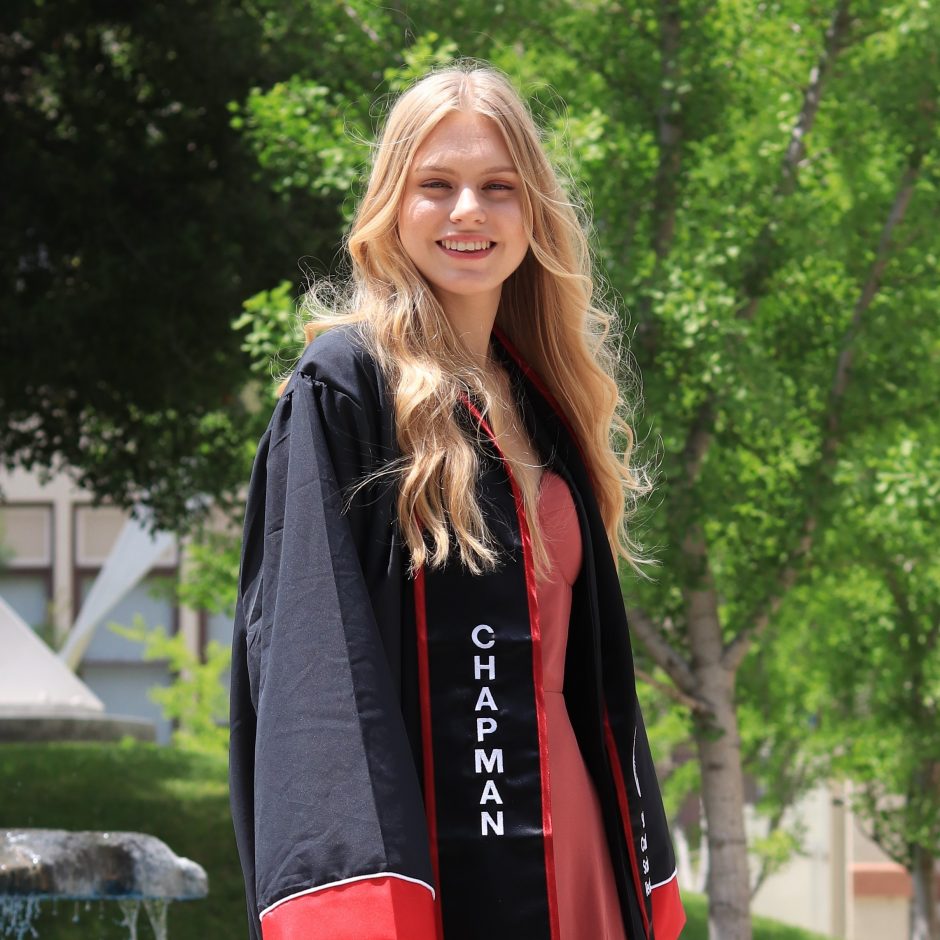
Lorryn McKaig
Lorry is currently finishing her undergraduate education at Chapman University in California with a major in physics and a minor in environmental science.
What is happening in your academic career?
During my time at Chapman, I studied abroad in Scotland with a Gilman Scholarship, participated in remote optical research with faculty, and served in student leadership within residence life, the student program board, and more. My graduation is just around the corner and I am planning on taking a gap year. During that year, I hope to travel and gain some practical experience to prepare me for an astronomy graduate school program in 2023.
Why did you apply to Launchpad?
While preparing for applications in the Fall and searching for opportunities for my gap year, the Launchpad program stood out to me. I was motivated to apply to meet like-minded individuals who share my passions and to visit a campus community that values inclusion and diversity. I am greatly looking forward to the valuable experiences and advice from this program that will influence my decision-making and strengthen my applications. I hope to leave Launchpad feeling inspired, empowered, and excited as I look toward the next steps in my scientific career.
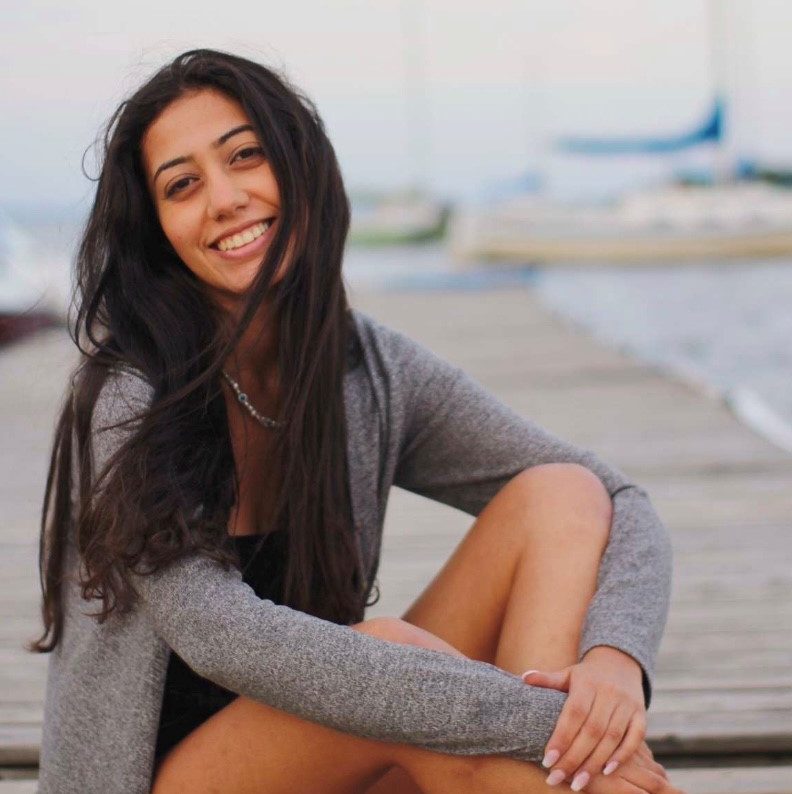
Monica Guindi
Monica is from from Montréal, Quebec, and is currently doing a double major of physiology and physics for my undergrad at McGill University!
What are your interests outside of Science?
When I’m not studying or working at a lab, my favourite way to spend time consists of any outdoor activity: canoeing, kayaking, hiking, etc.!
Why are you interested in this program?
I am extremely excited for the LaunchPad Program: I am hoping to get a sense of what graduate school would be like, to meet other motivated students and researchers who are passionate about Physics, and to get to learn more about their specific interests and what they are currently working on. And last but not least, to visit the beautiful campus of UBC!
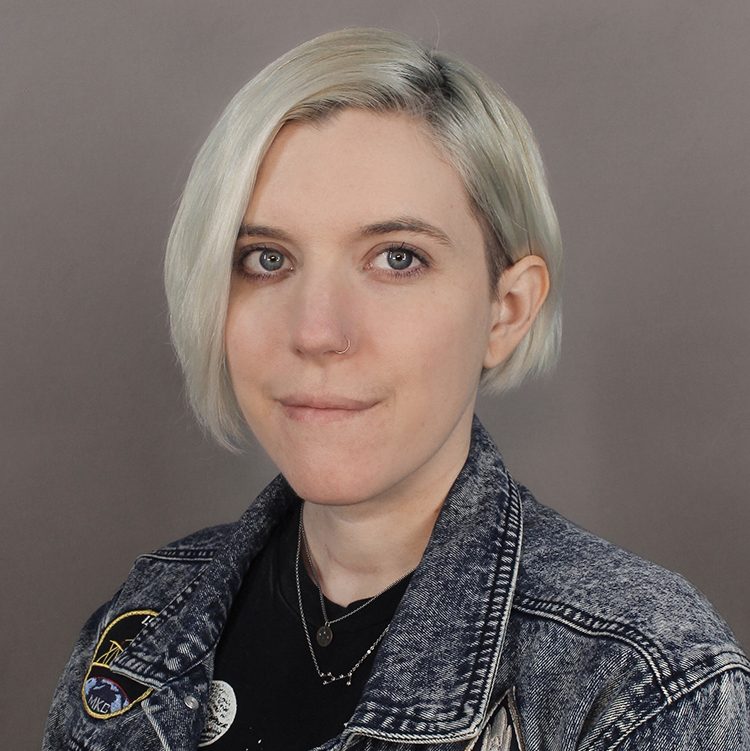
Tina Beck
Tina is a non-traditional student, from Orlando, Florida, majoring in physics and astronomy.
What got you interested in Science?
I was inspired by Carl Sagan and Star Trek to explore space science and the interconnectedness of the universe. I find astronomy fascinating because there’s always a riddle to be solved, and the answers we do find can be woven together to tell the story of our origins.
What is your current research?
I’m currently researching comets and centaurs, but I’m also interested in stellar evolution and instrumentation.
Fun Fact?
While astronomers, myself included, use cutting edge technology to observe our universe, I still have a deep love for film photography and have even built a darkroom in my laundry room. In addition to exploring the opportunities available at UBC, improving my grad applications, and meeting a diverse and driven group of people, I look forward to shooting a couple rolls of film during my time in Vancouver.
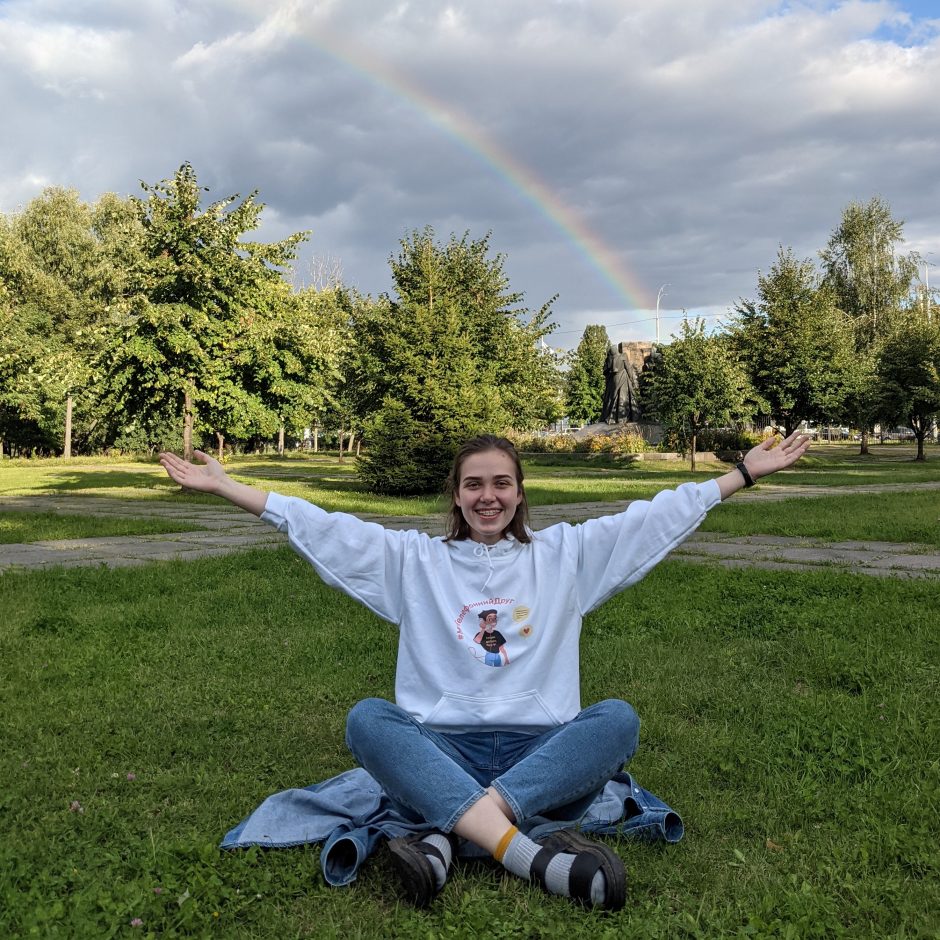
Valeriia Rohoza
Valeriia Rohoza (she/they), originally from Ukraine, is an undergraduate student at Northwestern University double-majoring in physics and computer science.
What are your academic goals?
I am working on a research project in computational astrophysics. As I want to go to grad school, I am excited to learn more about the application process and get help in navigating through this. I am also looking forward to meeting other students in Launchpad!
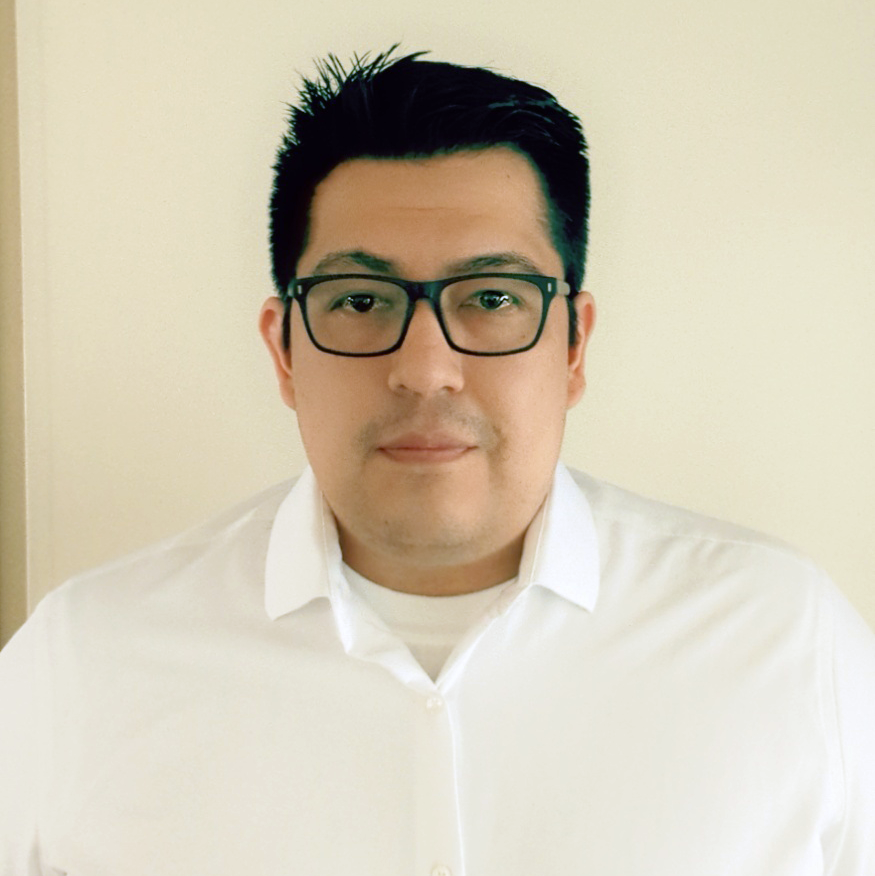
Christopher Trejo
Christopher is a 3rd year astrophysics student at California State University.
What led you to Astrophysics?
I’ve taken a very unconventional path towards a college degree. After working in finance for over a decade I decided to switch careers in my thirties and pursue an astrophysics degree. My favorite part about astronomy is being able to learn about objects and phenomena that are millions of years old and millions of miles away. It’s fascinating that we’re able to learn so much about the universe from our tiny little planet.
Why were you interested in Launchpad?
I thought the Launchpad program would be a great opportunity to learn more about grad school and how to better prepare myself. I’m excited to meet a lot of like-minded peers and astrophysicists.
What are you future goals?
As an astronomer I would like to contribute to our knowledge of exoplanets specifically, but eventually I would also like to do science communication, so that maybe I can encourage others to pursue careers in the sciences.
Fun Fact?
Something people might not know about me is that I’m also a musician, I used to play in a band and I know how to play 4 instruments.
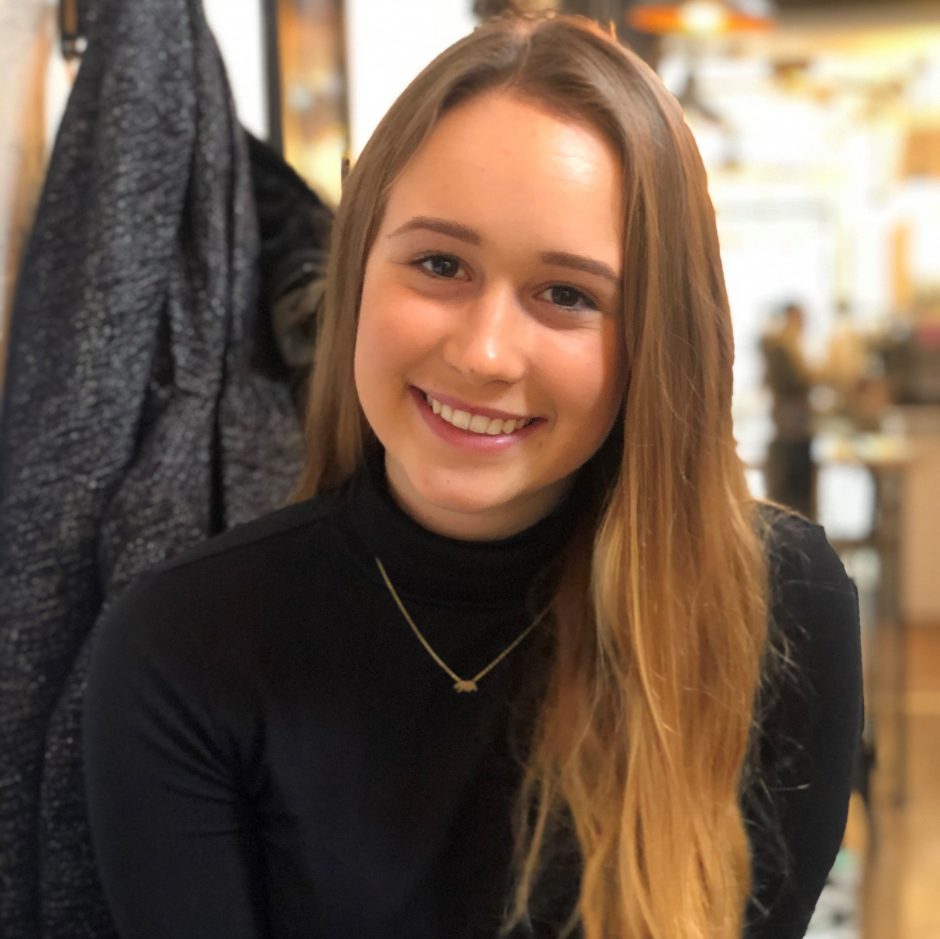
Ashley Micuda
Ashley is finishing up her 4th year in Physics at Queen’s University.
What is your Physics experience thus far?
I have had the chance to be involved in physics fields ranging from particle astrophysics to medical physics to educational physics.
How would you like to contribute to the field?
In the future, I would like to contribute to more translational research within the community and create a welcoming space for underrepresented groups in physics! It is important to me that the research I am conducting has a meaningful impact and can be used to help make the world a better place. I also hope to encourage more underrepresented groups to join STEM by participating in more events like this one.